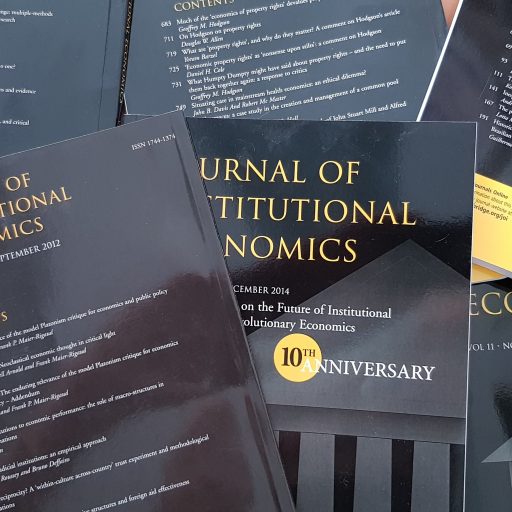Summary of JOIE article “Adapting as usual: integrative and segregative institutions shaping adaptation to climate change in local public administrations”, by Matteo Roggero (Resource Economics Group, Humboldt Universität zu Berlin, Berlin, Germany) and Andreas Thiel (International Agricultural Policy and Environmental Governance, University of Kassel, Kassel, Germany). The full article is available on the JOIE website.
Although research on adaptation to climate change hasn’t yet achieved a consensus on the matter, many adaptation strategies and National Adaptation Plans entrust local administrations with a central role in delivering adaptation to climate change. Doing so is a task of great complexity, though, requiring the different branches and offices within a local administration to act in a coordinated fashion.
Starting from this premise, the article sets out to explore the link between the way administrations coordinate action in general and the way they do it in the frame of climate change adaptation. It raises the question, in other words, whether the complexity of the adaptation task is reflected in the organizational response to it, and, specifically, whether the prior availability of coordination structures determines the type of institutional change ensuing.
From an institutional perspective, the analysis is based on transaction costs economics, exploring the role of integrative and segregative institutions in the way local administrations adapt. Specifically, the paper conceptualizes the conditions under which different functional branches of a local administration respond to climate change collectively rather than independently.
Such conditions are given, the paper argues, by the trade-off between two typologies of costs: the costs of segregation and the costs of integration. The former correspond, in essence, to the costs incurring to decision-makers for neglecting the interests of other stakeholders. The latter represent instead the effort of engaging in intensive social relations with other stakeholders in order to take their interests into account.
As integration costs increase, segregation costs decrease. Actors minimizing transaction costs would be expected to settle for those institutional arrangements where the sum of integration and segregation costs is minimal. Yet, local conditions may lead such least-cost arrangements to differ across different contexts, giving rise to different status quo institutions. Climate change may then alter such local conditions, potentially triggering diverging responses.
Such conceptual expectations are explored empirically through a comparative analysis of 19 climate-sensitive local administrations in Germany. Case studies were compiled on the basis of interviews with administration officials, subsequently coded, and analyzed through set-theoretic methods. The analysis confirms that variation in the way local administrations structure their internal coordination determines the way they approach climate adaptation.
The evidence collected shows that under prior integrative institutions local administrations adjust available coordination structures to accommodate adaptation. They thus experience a process of incremental institutional change. Under segregative institutions, administrations move towards integrative institutions, thus experiencing actual institutional change. They do so, however, provided they already ‘feel’ climate change.
The paper’s findings have implications for the way we think local administrations go about adaptation. While confirming the reactive nature of local adaptation action, the paper shows that administrations differ qualitatively, and that they do so in systematic ways that have a bearing on how they structure the adaptation process. Regional and national decision-makers may want to take this into account while crafting instruments to support local administrations in the task of delivering climate adaptation.
Matteo Roggero (Resource Economics Group, Humboldt Universität zu Berlin, Berlin, Germany) and Andreas Thiel (International Agricultural Policy and Environmental Governance, University of Kassel, Kassel, Germany)
